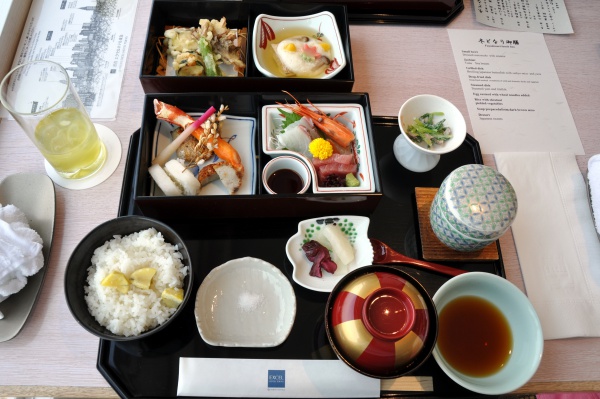Facts About Japanese cuisine
Japanese cuisine is a rich and diverse culinary tradition that has evolved over centuries, shaped by various political, economic, and social influences. At its core lies washoku, traditional Japanese food that centers around rice, miso soup, and seasonal ingredients. This cuisine often features seafood, pickled vegetables, and staples such as sushi and tempura.
Historically influenced by Chinese cuisine, Japan has also integrated Western flavors, resulting in the popularity of dishes like ramen and curry. While Buddhism once fostered a preference for vegetarian meals, the modernization of Japan in the 1880s brought the introduction of meat-based dishes.
When discussing Japanese cuisine, you will encounter terms such as washoku, kappo, and kaiseki. Each refers to distinct traditional cooking styles and dining experiences. A typical Japanese meal balances rice with main dishes (okazu) and side dishes, all served separately. Seasonality is crucial, with a strong emphasis on using ingredients that are in season.
Japanese cuisine is noted for its minimal use of red meat, oils, and fats, focusing instead on ingredients like soy sauce, miso, and umeboshi. Cooking methods range from raw preparations like sashimi to simmering, grilling, and deep-frying. Common dishes include grilled and pan-fried items, soups, pickled vegetables, and delicacies such as sushi and sashimi.
The appeal of Japanese cuisine has extended far beyond Japan. Countries such as the United States, Canada, Australia, and the United Kingdom have embraced sushi, ramen, and other Japanese dishes. In Southeast Asia, places like Thailand and Indonesia have seen a rise in Japanese food establishments. This global popularity has led to intriguing fusion dishes and unique culinary experiences tailored to local tastes.
In 2013, Japanese cuisine was honored by being added to UNESCO's Intangible Cultural Heritage list, recognizing its cultural significance. However, there are some controversies, such as the consumption of live seafood and the impact of overfishing on marine resources. Despite these challenges, Japanese cuisine continues to captivate food lovers worldwide with its exquisite flavors, beautiful presentation, and deep cultural roots.
